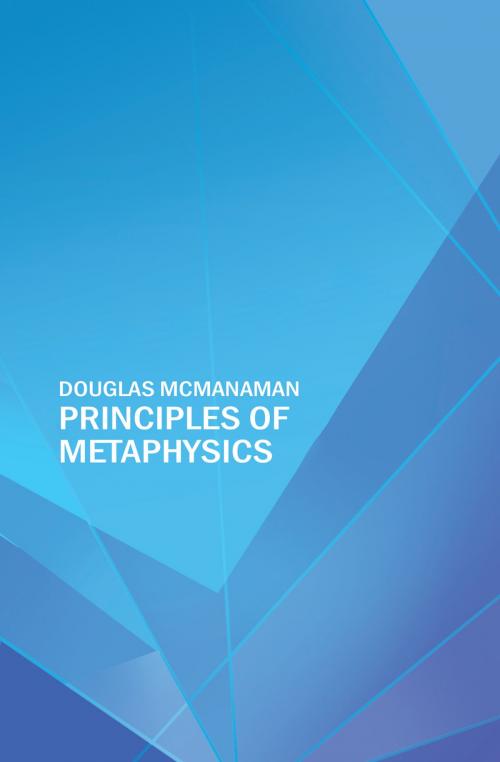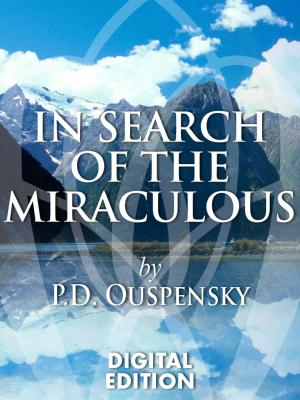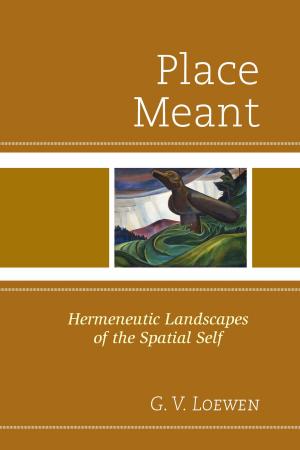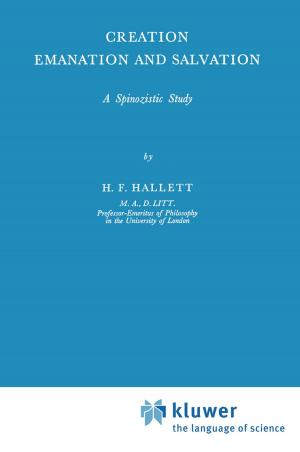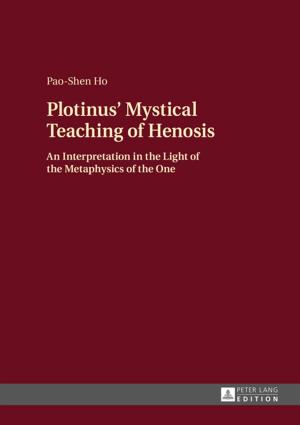| Author: | Douglas McManaman | ISBN: | 9780994823335 |
| Publisher: | DPM Publishing | Publication: | May 14, 2016 |
| Imprint: | Language: | English |
| Author: | Douglas McManaman |
| ISBN: | 9780994823335 |
| Publisher: | DPM Publishing |
| Publication: | May 14, 2016 |
| Imprint: | |
| Language: | English |
Metaphysics is the study of what it means to be. It does not study any particular mode of being, such as what it means precisely to be a living being, or what it means precisely to be a human being, etc. Rather, its object is to come to an appreciation of what it means for something “to be” insofar as it exists. In other words, it seeks to know the properties of being. In doing so, metaphysics allows us to know something fundamental about everything insofar as it exists. As such, metaphysics takes place on the highest level of intellectual abstraction. What it lacks in rich content and precision, it makes up for in breadth, height and certainty. Its greatest achievement is a knowledge of the First Cause (God) insofar as he can be known through the natural light of human reason. Making our way to that point, however, can be difficult, because some people are simply not used to thinking on a level that leaves sensible matter behind. Imagination is to the mind much like a young boy is to his older brother: he would like to tag along with him wherever he goes, but there are places where he is just not permitted to enter by virtue of his age. So too, the imagination is, as it were, ill adapted to make its way through certain doorways, and so there are regions where the intellect is obliged to enter and remain alone, without the weight of the imagination. This can be a very uncomfortable experience for those who are wont to believe that if an idea cannot be “pictured” in some way, it cannot be understood.
What follows is a clear and straightforward introduction to traditional Metaphysics, specifically, the first principles of the philosophy of being and how these principles relate to some current questions and claims that are, more often than not, rooted in a confusion between scientific knowledge and what truly counts as a sound metaphysical conclusion.
Metaphysics is the study of what it means to be. It does not study any particular mode of being, such as what it means precisely to be a living being, or what it means precisely to be a human being, etc. Rather, its object is to come to an appreciation of what it means for something “to be” insofar as it exists. In other words, it seeks to know the properties of being. In doing so, metaphysics allows us to know something fundamental about everything insofar as it exists. As such, metaphysics takes place on the highest level of intellectual abstraction. What it lacks in rich content and precision, it makes up for in breadth, height and certainty. Its greatest achievement is a knowledge of the First Cause (God) insofar as he can be known through the natural light of human reason. Making our way to that point, however, can be difficult, because some people are simply not used to thinking on a level that leaves sensible matter behind. Imagination is to the mind much like a young boy is to his older brother: he would like to tag along with him wherever he goes, but there are places where he is just not permitted to enter by virtue of his age. So too, the imagination is, as it were, ill adapted to make its way through certain doorways, and so there are regions where the intellect is obliged to enter and remain alone, without the weight of the imagination. This can be a very uncomfortable experience for those who are wont to believe that if an idea cannot be “pictured” in some way, it cannot be understood.
What follows is a clear and straightforward introduction to traditional Metaphysics, specifically, the first principles of the philosophy of being and how these principles relate to some current questions and claims that are, more often than not, rooted in a confusion between scientific knowledge and what truly counts as a sound metaphysical conclusion.
